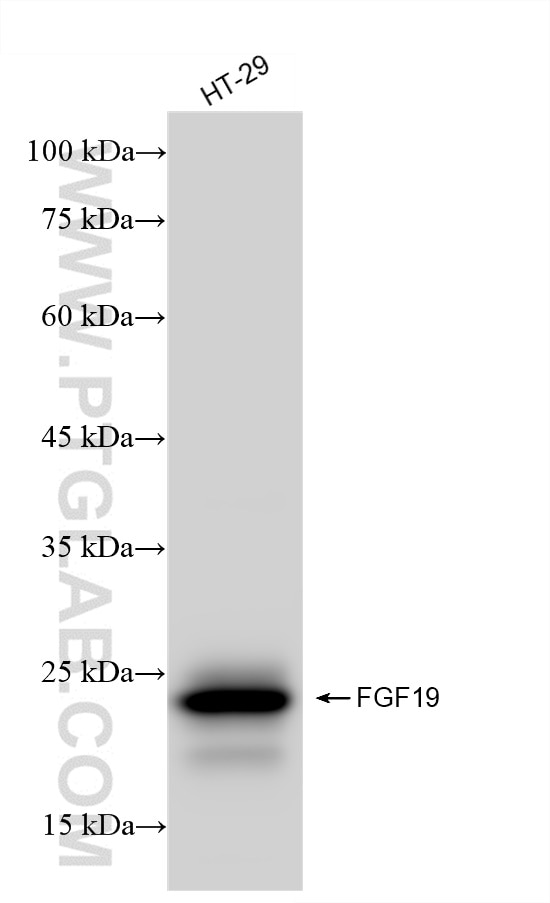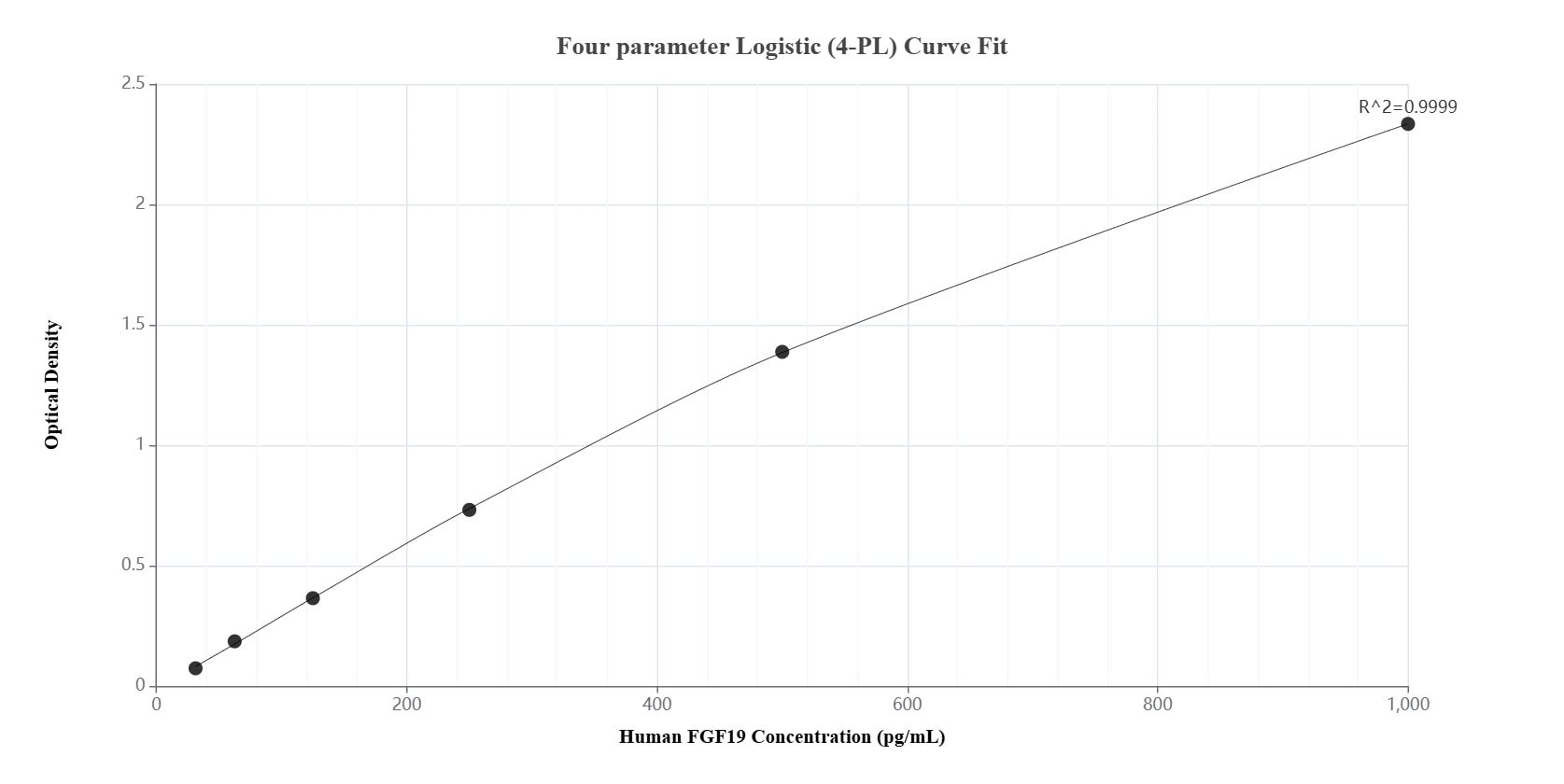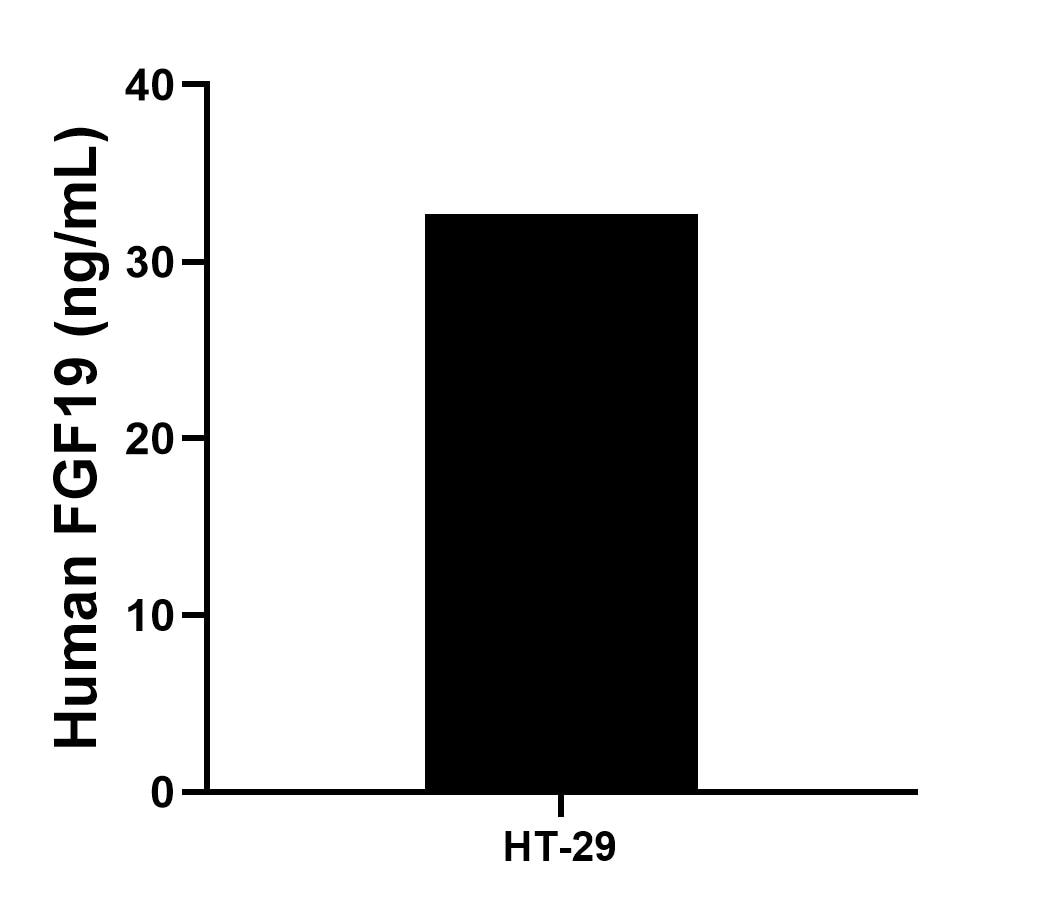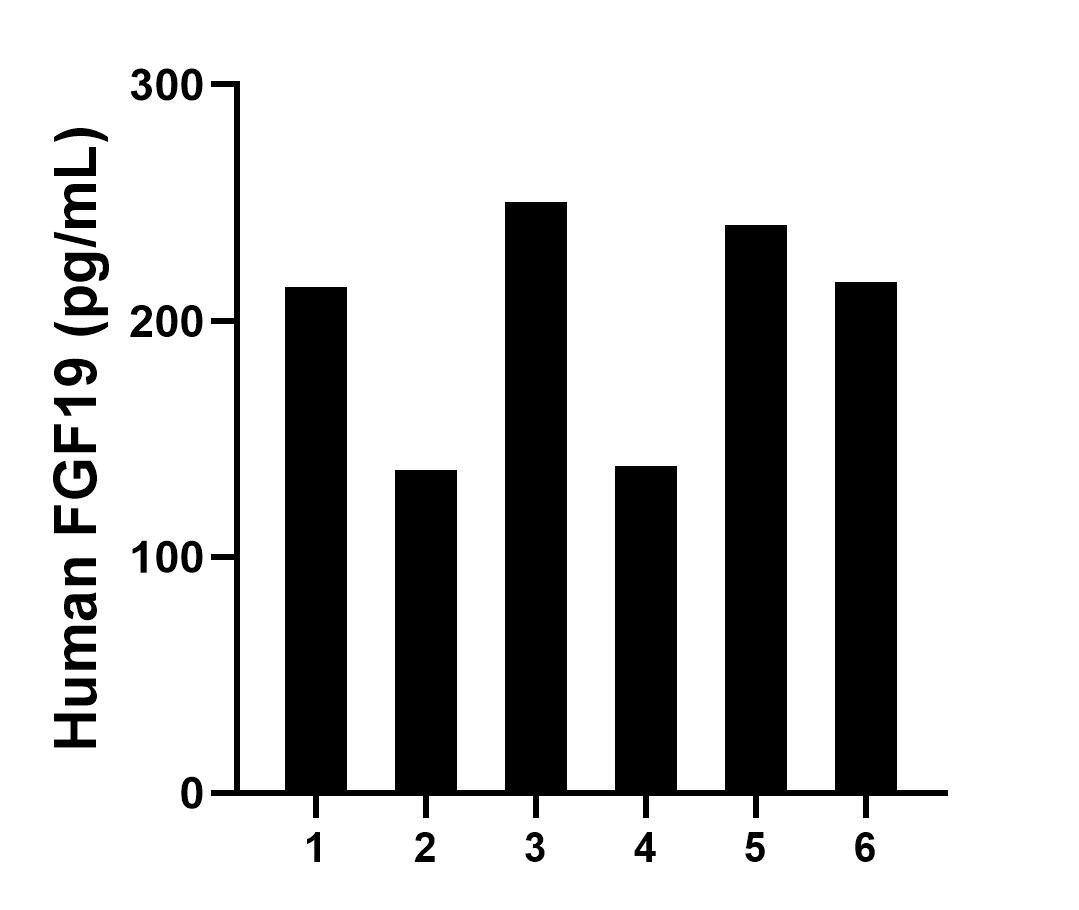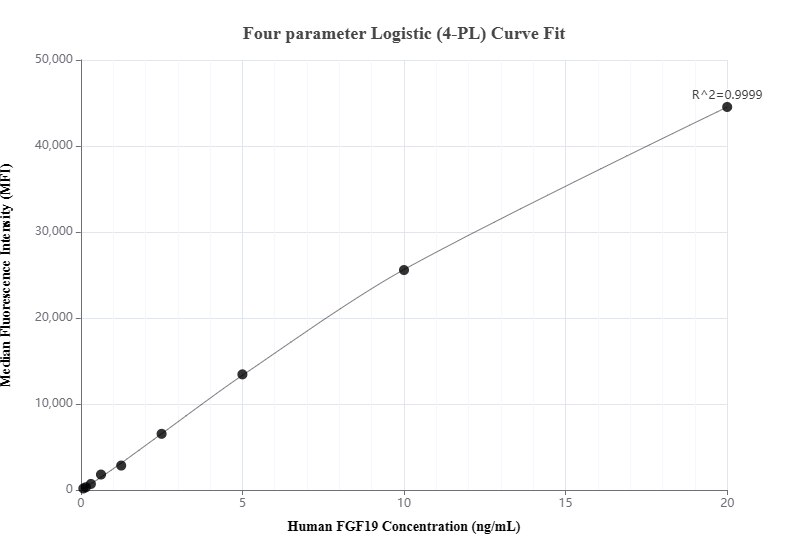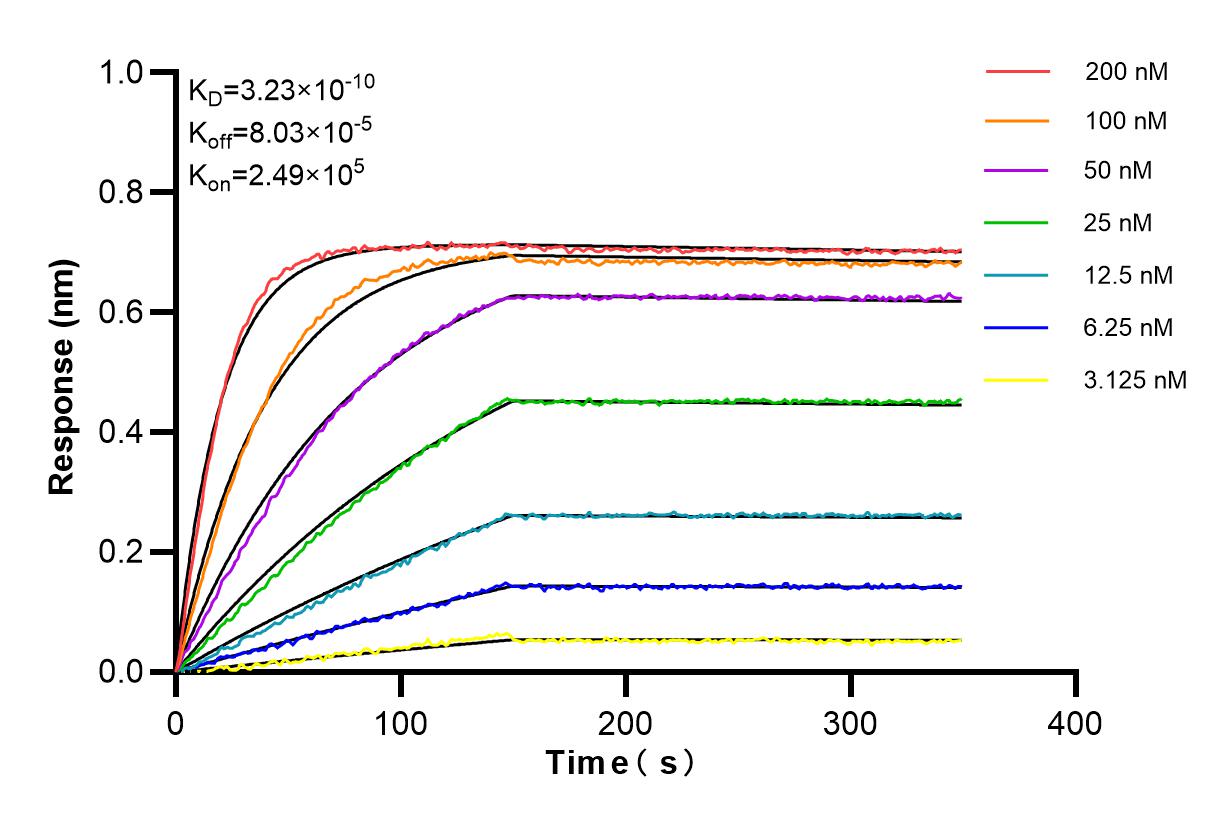Product Information
84536-3-PBS targets FGF19 as part of a matched antibody pair:
MP01398-1: 84536-3-PBS capture and 84536-2-PBS detection (validated in Cytometric bead array, Sandwich ELISA)
Unconjugated rabbit recombinant monoclonal antibody in PBS only (BSA and azide free) storage buffer at a concentration of 1 mg/mL, ready for conjugation. Created using Proteintech’s proprietary in-house recombinant technology. Recombinant production enables unrivalled batch-to-batch consistency, easy scale-up, and future security of supply.
This conjugation ready format makes antibodies ideal for use in many applications including: ELISAs, multiplex assays requiring matched pairs, mass cytometry, and multiplex imaging applications.Antibody use should be optimized by the end user for each application and assay.
| Tested Reactivity | human |
| Host / Isotype | Rabbit / IgG |
| Class | Recombinant |
| Type | Antibody |
| Immunogen | FGF19 fusion protein HZ-1330 Predict reactive species |
| Full Name | fibroblast growth factor 19 |
| Calculated Molecular Weight | 216 aa, 24 kDa |
| Observed Molecular Weight | 24 kDa |
| GenBank Accession Number | BC017664 |
| Gene Symbol | FGF19 |
| Gene ID (NCBI) | 9965 |
| Conjugate | Unconjugated |
| Form | Liquid |
| Purification Method | Protein A purification |
| UNIPROT ID | O95750 |
| Storage Buffer | PBS only , pH 7.3 |
| Storage Conditions | Store at -80°C. |
Background Information
Fibroblast growth factor 19 (FGF19) is a member of the fibroblast growth factor family, which consists of proteins with diverse effects on development, organogenesis, and metabolism. FGF19 is unique within this family as it functions as an endocrine protein, circulating in the blood and acting on distant target tissues. It is produced in the distal ileum and secreted into the circulation after a meal, playing a role in controlling the enterohepatic circulation of bile acids and regulating hepatic protein and glycogen metabolism in an insulin-independent manner. .
